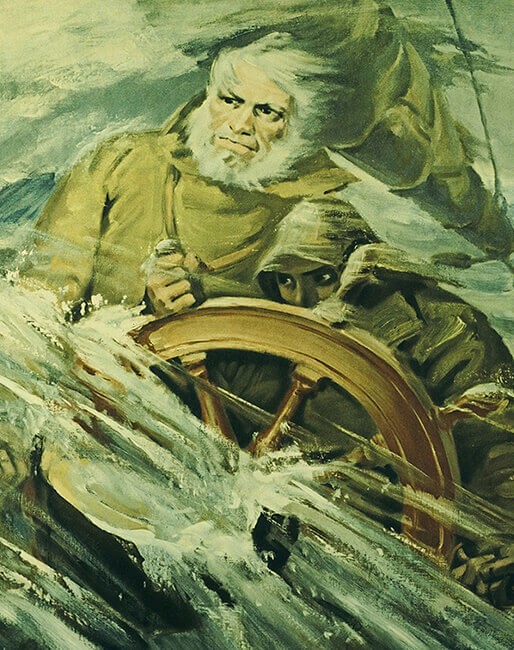Pilot in Writing Culture
Encounter with the Digital World - Voyage to New Horizons
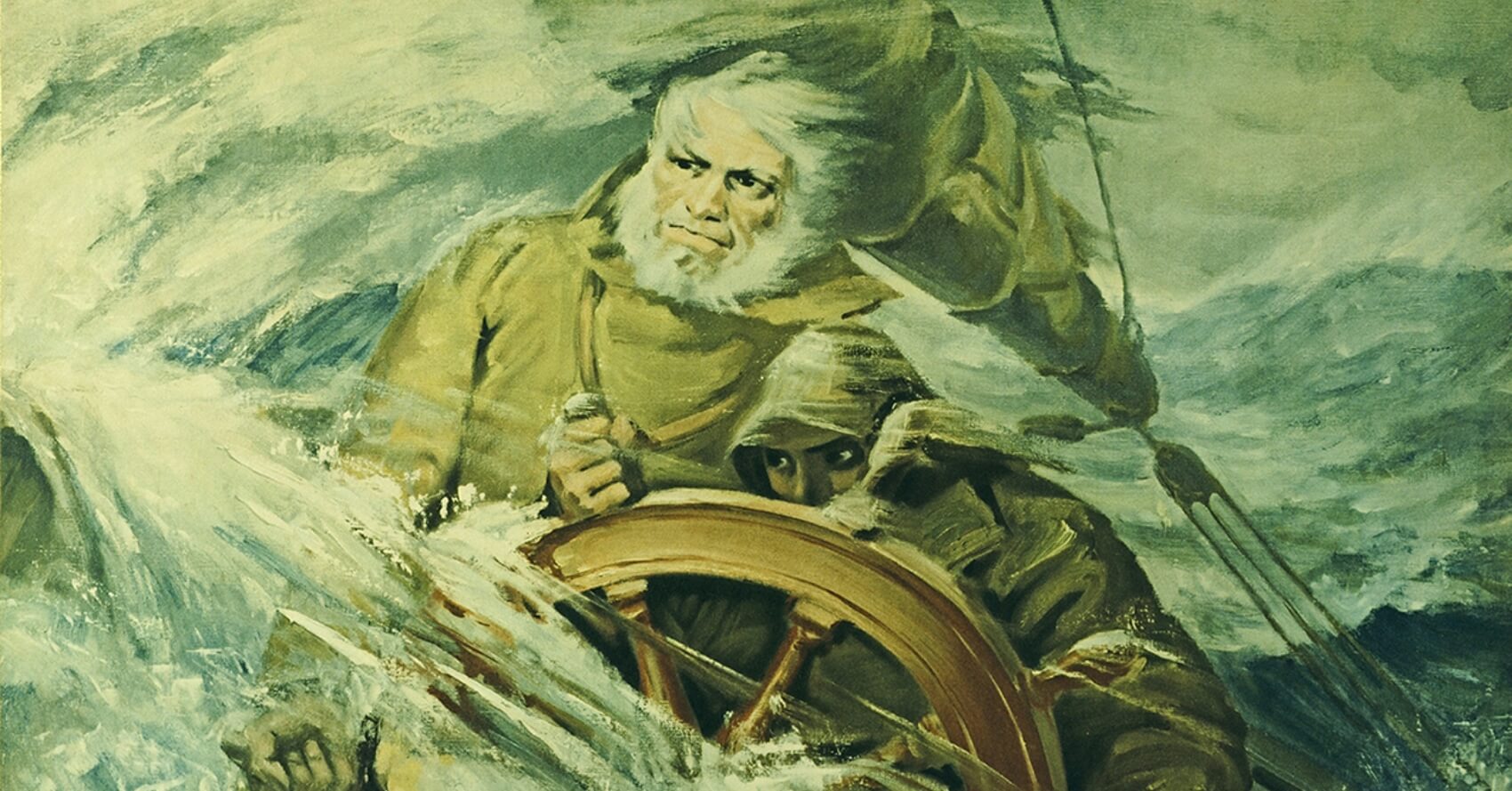
More than 100 years ago, PILOT was founded by two former mariners when Japan was struggling to catch up with the West early in the 20th century. PILOT is well known as a pioneer of manufacturing fountain pens entirely made in Japan. The stationery maker with a long-standing history now takes on a new challenge and sets off to another open sea where the analog world merges with the digital. A collaboration starting at Connected Ink 2020 - where is the journey heading?
RELATED SESSIONS:
PILOT X WACOM DIGITAL MEETS ANALOG. "HOW TO REPRODUCE THE WRITING TASTE OF ANALOG PEN"
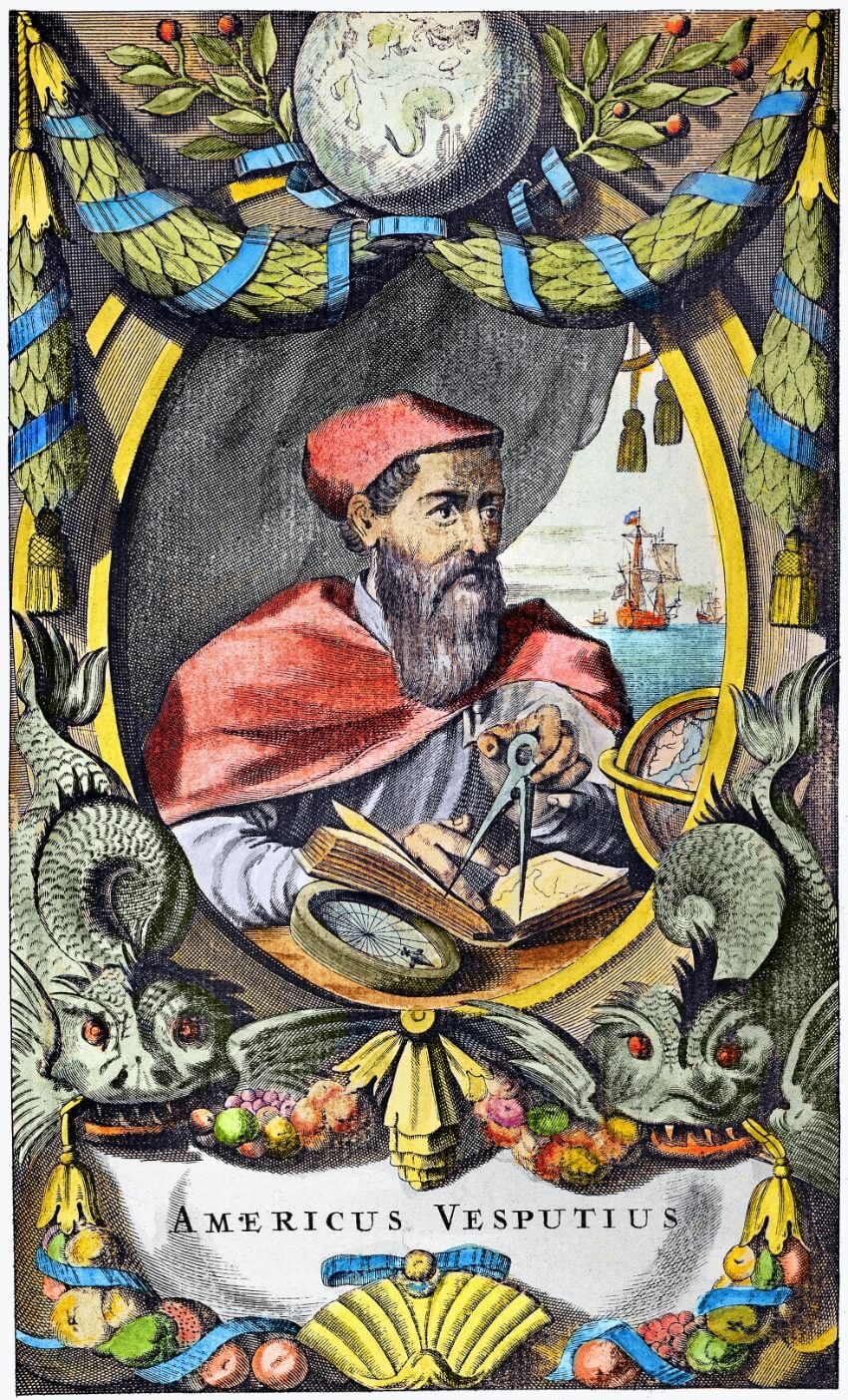
Pilot - Navigator to Unknown New Worlds
Pilots are maritime experts who board vessels passing though congested waterways like harbors and rivers to help them navigate safely. Piloting is an ancient profession: a tombstone commemorating a serviceman for the Roman army around 250 - 300 AD bears an inscription extolling a pilot along a river in Northern England. One of the most renowned pilots in the history is surely Amerigo Vespucci from Florence, an adventurer in the Age of Exploration. After his first voyage to the area at age 43, he explored the East coast of South America from the Caribbean altogether four times. Writing on his journey, Vespucci called this continent - up to then unknown to Europeans - “the New World”. In homage to his discovery, the new continent was named after him - America comes from his Latinized name, Americus Vespucius. In 1508, King Carlos I of Spain appointed him “Pilot Major” after which Vespucci dedicated himself to the advancement of navigational science and technology. He truly earned the title of “pilot” for heralding the arrival of a new era.
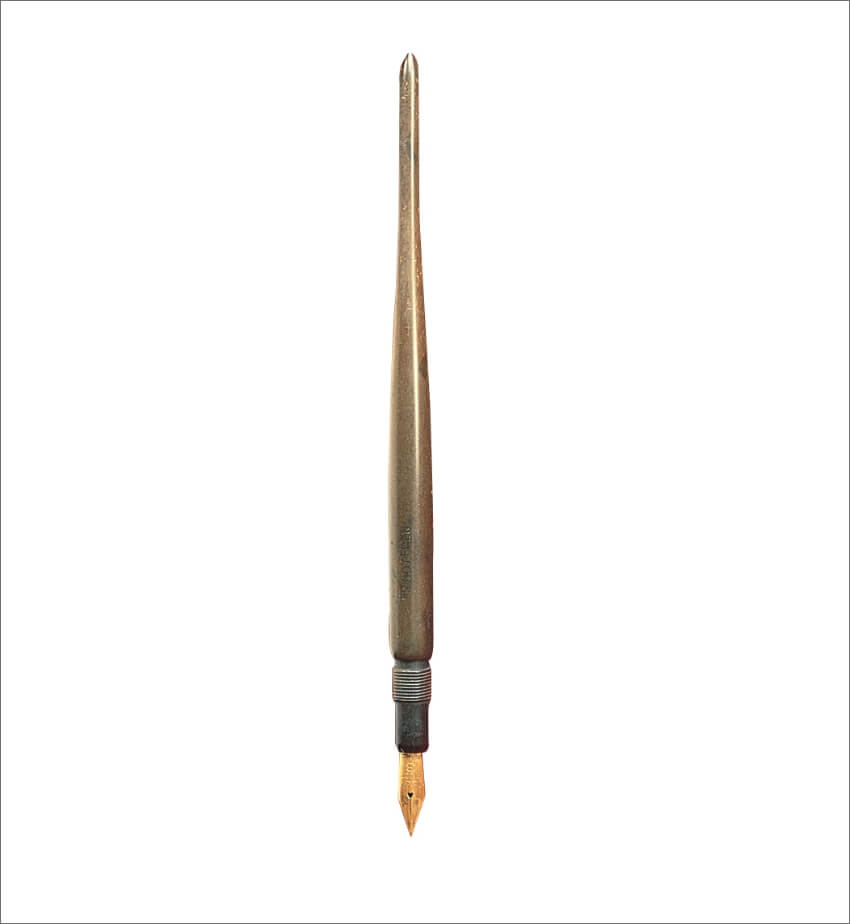
Supporting the Writing Culture in the world for Over a Century
“Pilot” is also the name of PILOT CORPORATION, Japan's leading stationery manufacturer which has supported the writing culture in the world since its foundation in 1918. Ryosuke Namiki, professor at Tokyo Nautical School (later Tokyo Nautical College, today’s Tokyo University of Marine Science & Technology) founded Namiki Manufacturing Co. together with Masao Wada, a graduate of the same maritime school. In his youth, Namiki, one of the founders, used to work with ruling pens essential for cartography on commercial vessels. This drawing instrument allowed rendering evenly thin lines. Being irritated by difficult ink handling and other clumsy features, Namiki conducted his own research for better writing utensils which lead to his success in producing and selling the first fountain pens made entirely in Japan. Later in 1938, the company adopted PILOT as a trade name. As a tribute to their shared passion for the sea, the pair opted for the name PILOT which reflects their wish to lead the industry like a pilot guiding ships at sea. By then, the company already gained national and worldwide recognition, e.g. for fountain pens decorated with traditional Japanese maki-e (lacquerware) craftsmanship.
Japan was facing a wave of modernization in those days. Having an international mindset, Namiki and Wada regarded their business not only as a commercial venture but also as way to contribute to the nation and society through the export of quality products. The founders wanted to demonstrate the kind of excellent craftsmanship that Japan is proudly famous for in the world. Since its foundation more than 100 years ago, PILOT continues to follow the guiding principles adopted by its founders: 1. Sansha Teiritsu – The three balanced forces (of seller, buyer and manufacturer), 2. Ukiwa Seishin – Shared joys and sorrows, 3. Nankan Toppa – Overcoming difficulties (by teamwork as crew members on a vessel), 4. Ichinichi Isshin – One step a day (making steady progress without indulgence) and 5. Shisei Shinken – A genuinely committed approach.
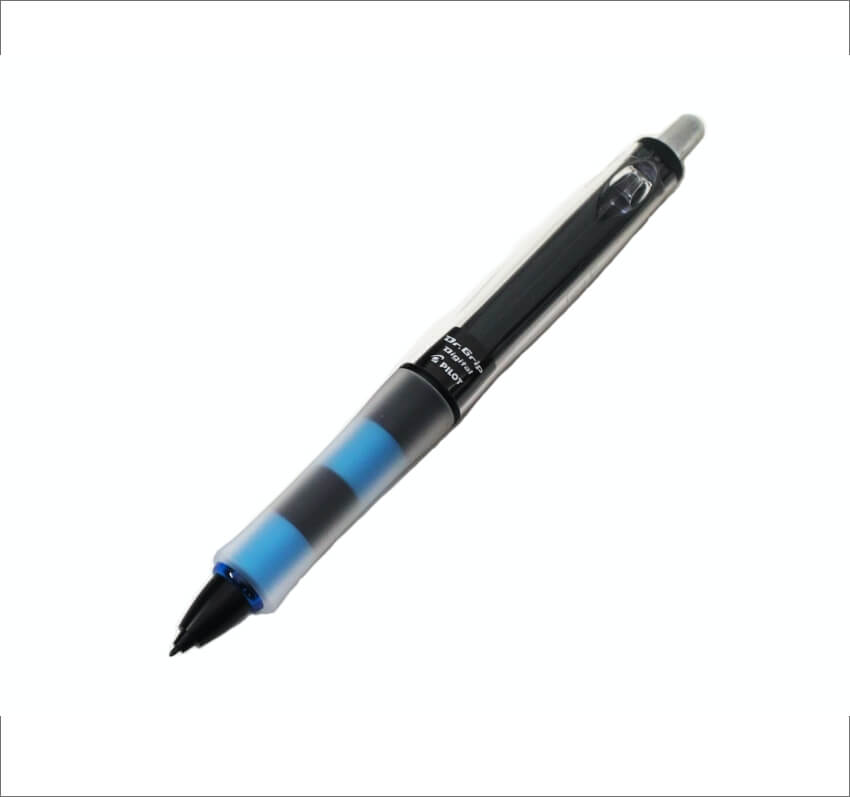
Leading the Industry with an Enterprising Spirit
What characterizes PILOT’s corporate culture is, among others, its innovativeness for launching pioneer technologies ahead of others. Knowing that the act of “writing” is a cultural product like thinking and creativity that is reserved for humans, PILOT has been active in developing a series of ingenious hot-selling products by breaking down stereotype images. Such hot products include “Dr. Grip” with an extra wide barrel and ergonomic grip to help reduce writing stress and “Frixion” with gel ink which can be erased (i.e. made transparent) by friction. Fountain pens, PILOT’s core business earlier in its history now makes up only about 5% of sales while the rest comes from its varied mix of writing instruments. “To support peoples’ writing” is their corporate mission. PILOT never stops innovating and supporting peoples’ writing also in the face of changing times.
As the next step, PILOT is working on its entry into the new market by digitizing the country’s beloved hand writing. Connected Ink 2020 opened up a door to this undertaking. “Creative chaos” unfolding from a colorful mix of creative professionals at the event set fire to their imagination. Thus, it was only a step from an in-depth collaboration with Wacom. Mr. Junichi Iwami, General Manager of Industrial Materials Sales Department at PILOT, vividly remembers the event:
“In its century-old history, PILOT has always searched for new products to be launched on the market. In this context, Harry Yokoi, head of PILOT’s R&D Department has had spirited discussions with Nobu Ide, CEO of Wacom at Connected Ink last year when I heard Ide say the compelling words: ’Don't you want to be part of a dynamo in the creative chaos?‘ We found his overture so intriguing that we ended up in proposing to Wacom, a top-runner in digital pen industry, to work with us.”
Currently, they are jointly developing “digital pens which do not wear you out even after long hours of use”. Ergonomics seems to be much in demand among creators working with pens many hours in a row. Several prototypes are being tested by animators for achieving the optimum writing and drawing comfort intended by their development concept. The release of a new product on the market may just be around the corner.

High Hopes for Synergy Effects the World has Never Seen
Connected Ink is not necessarily geared for generating direct business opportunities. Yet, the collaboration with PILOT and Wacom is an exciting example of the fruits born out of the encounter of experts in two different and seemingly remote fields. With many others following in the footsteps of their successful collaboration, Connected Ink will surely gain a greater presence in the prevailing creative chaos. The outcome of the ongoing collaboration of the leading providers of analog and digital pens is being keenly awaited. Synergy effects that the world has never seen before are about to spring from this encounter of the analog and digital worlds.
editor / writer_ Chikara Kawakami

